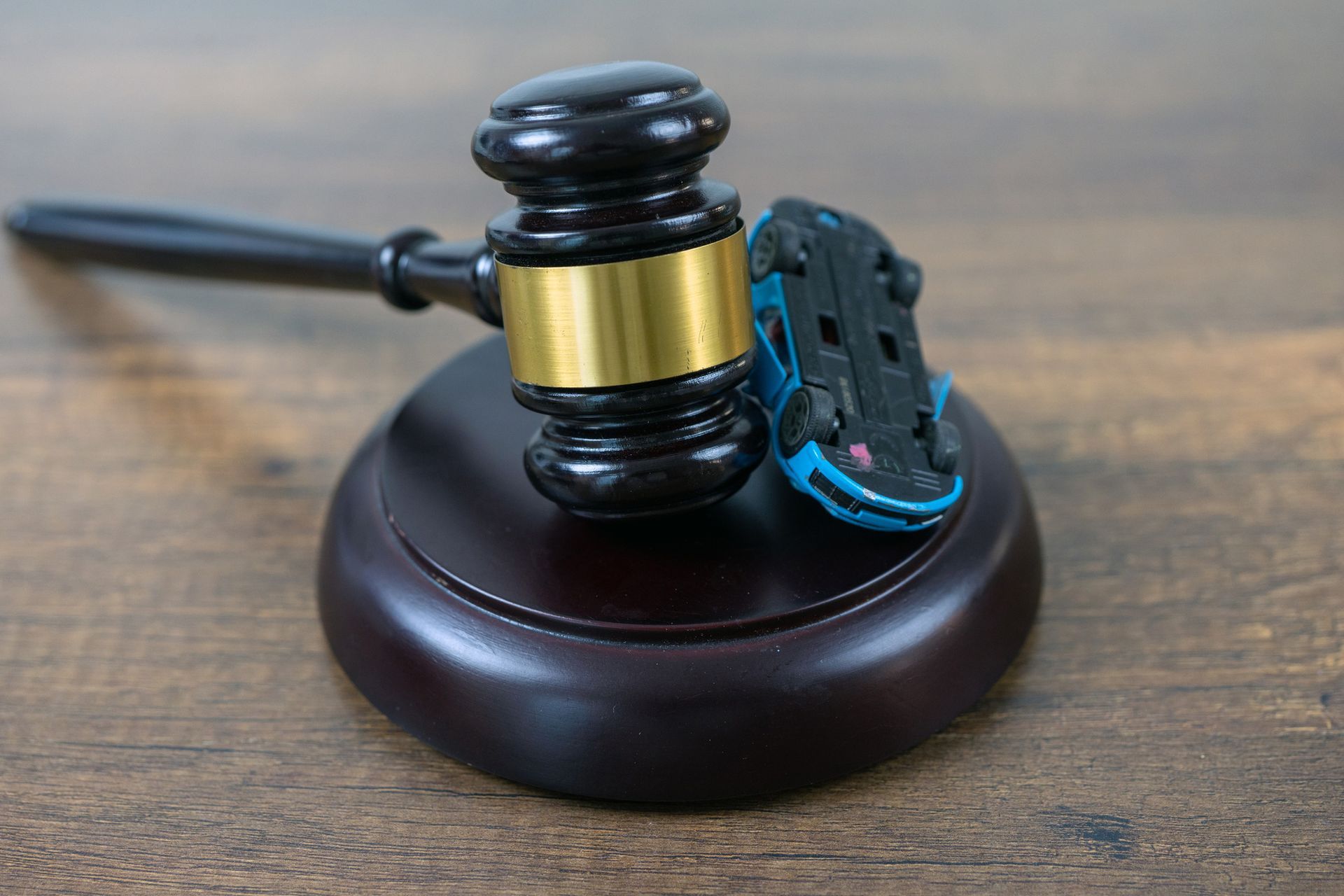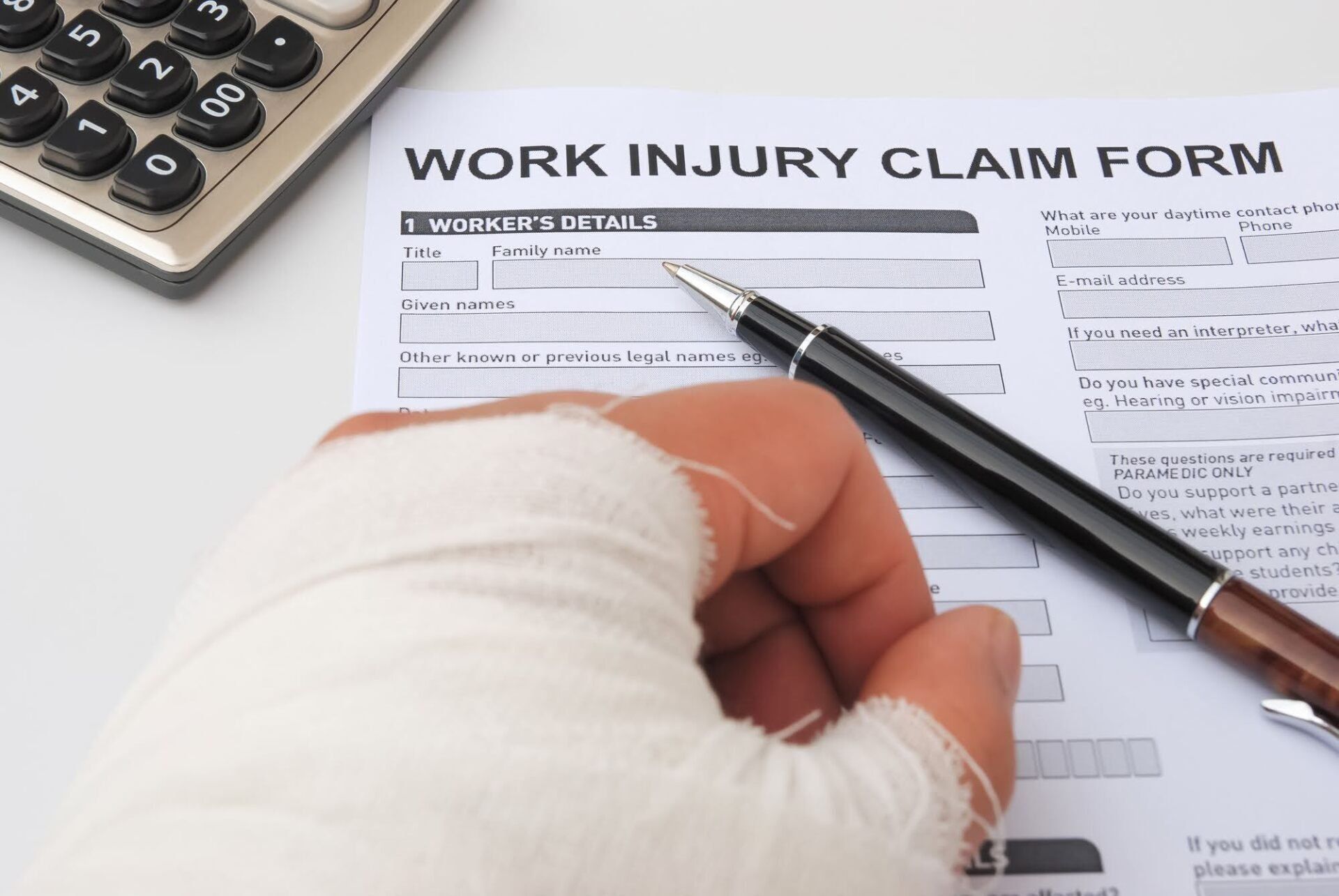Insurance Company Tricks | The Law Offices of David A. Helfand

Most victims of an accident — whether it's a slip-and-fall or a major auto accident — end up dealing with one or more insurance carriers. But the insurance company's interests are not the same as the victim's interests. This often leads to an insurer's attempts to minimize their costs and even deny claims.
What tactics might you encounter? And what can you do to combat them? Here are six of the most likely ways that insurance companies will try to reject your claim.
1. Denial for Lack of Coverage
Once a claim is put in against any insurance policy, the first thing the carrier is likely to do is confirm if the policy is valid. They may look for anything previously overlooked, such as an old missed payment. If the company can find any reason to declare the policy newly canceled, such as failure to change an address, they will do so.
Absent the ability to deny the entire policy, the insurer will also go over the fine print to determine if there is a way to declare that the accident (or the at-fault individual) is not covered by the policy's wording.
2. Pressure to Settle Early
Many personal injury cases are resolved through settlement, which can be a positive outcome for both parties. However, the insurance carrier is motivated to try to get claimants to settle as early as possible so as to lower their costs.
How does this work in their favor? Your overall injuries and long-term recovery needs may not yet be fully clear. You may yet need to seek additional medical treatment. And you may not have gotten qualified legal or financial advice. They will take advantage of all these things if possible.
3. Red Tape and Process
Every large company has processes and standards it must follow. However, if it seems like the insurance company has more than their fair share of red tape and delays, it could be deliberate.
Mountains of red tape are a good way to attempt to frustrate victims into giving up or settling. The carrier might attempt to create delays or annoyances like repeatedly asking for the same information, losing paperwork, or insisting it was incorrectly completed. Because following the rules is a vital part of being approved, victims who struggle to understand what's required of them may see their claim denied.
4. Misleading Communications
The insurance company's agents must communicate with claimants, but they may be skilled in using language to their advantage. For instance, an agent may present an extraordinarily friendly and sympathetic persona in phone calls and emails with you. However, they're not your friend. Instead, they will attempt to cajole and convince you to do things like settle quickly or give up private information.
5. Failure to Establish Cause
Every personal injury claim and case must show that the covered incident directly caused the injury and its effects. This may seem like an easy hurdle to get over. An auto accident victim's back was clearly injured in the crash, for example.
However, the insurance carrier will work to suggest that something else was at fault. Perhaps you had an old back injury from playing school sports. They will argue that your current medical problems were partially or wholly caused by that pre-existing condition.
6. Blaming the Victim
If they must cover the accident, an insurance company will generally try to assign some or all of the blame to the victim.
Florida, like many other states, follows a standard for injury cases known as contributory negligence. This approach stipulates that partial liability for the incident can be assigned to any relevant party. If you were hit by a car while you were speeding, for instance, you may be 50% to blame. That shared, or contributory, negligence reduces damages you can receive — usually by the same percentage.
With the goal of reducing its costs as much as possible, an insurance carrier will investigate anything they may use to assign higher blame to the other party. Not only will this limit any damages you are awarded by a jury, but the carrier will also use it as a negotiation tactic from the start.
Where to Get Help
Unfortunately, victims of serious accidents are likely to run into more than one of these tactics. From the beginning, the insurer will work to deny any financial responsibility. If that fails, they'll try to settle early and for a lower amount. And if the case makes it all the way to court, they'll seek ways to reduce any potential damages.
The best way to fight these insurance tactics is to work with an experienced personal injury attorney in your state from the outset. The Law Offices of David A. Helfand, P.A. , can help. We've assisted Florida accident victims with all their legal needs since 1993. Whether you were recently injured or you've suffered any of these insurance tricks already, call us to get a qualified legal team on your side.
CONTACT US
We will get back to you as soon as possible
Please try again later
CONTACT US
We will get back to you as soon as possible
Please try again later
Office Hours:
- Mon - Fri
- -
- Sat - Sun
- Closed










